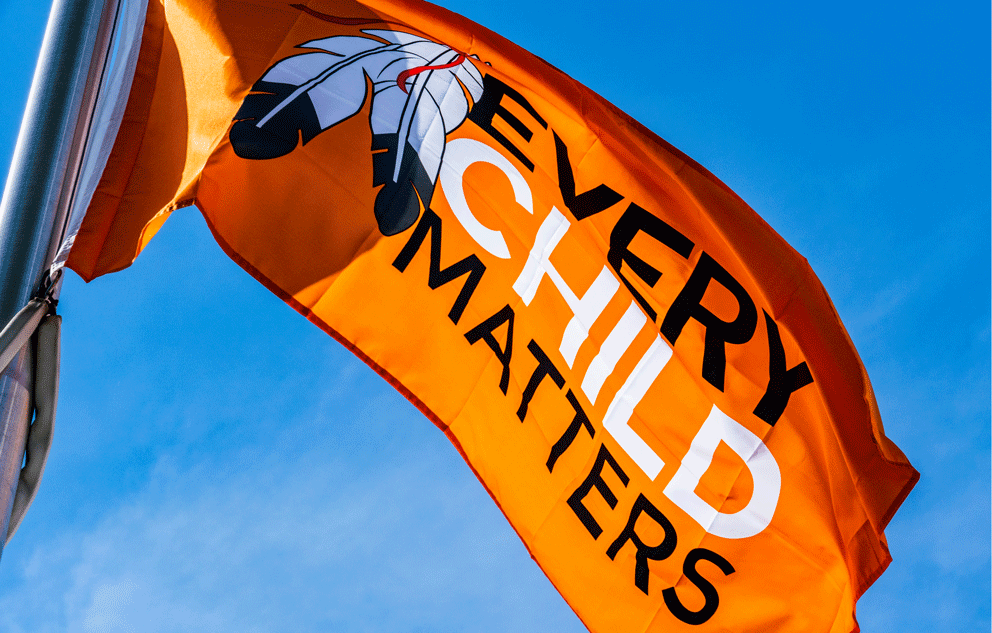As we mark the National Day for Truth and Reconciliation, we pause to reflect on the ongoing impacts of colonialism and the legacy of residential schools on Indigenous communities. This day is a solemn reminder of the injustices Indigenous peoples have faced and continue to endure. It is also an opportunity for us, as family doctors, to reflect on our role in addressing these inequities within the healthcare system.
The Canadian Medical Association’s (CMA) recent apology to First Nations, Inuit and Metis Peoples was an important step forward in acknowledging the past and present harms caused by our profession. We have much more work to do. We must ensure that every Indigenous patient receives care that is respectful, culturally safe and free from discrimination.
The Truth and Reconciliation Commission (TRC) has provided a clear path forward through its Calls to Action, specifically those focused on health (numbers 18-24). These calls highlight the need for healthcare providers to recognize the barriers Indigenous peoples face when accessing care and work actively to remove them.
The TRC calls on all levels of government to:
- Recognize the current state of Indigenous health in Canada, which is a direct result of past government policies.
- Ensure Indigenous peoples have equitable access to healthcare services, addressing gaps in care and barriers such as systemic racism.
- Recognize the value of Indigenous traditional healing practices.
- Increase the number of Indigenous healthcare professionals and ensure all healthcare professionals receive training in cultural safety, anti-racism and the history of Indigenous Peoples in Canada.
As family doctors, we are on the front lines of care and we can help ensure that every Indigenous patient who enters our practice receives care that is respectful, culturally safe and free from discrimination. This means educating ourselves on the history and impacts of colonialism, listening to Indigenous voices and advocating for change in our healthcare system.
The National Day for Truth and Reconciliation is not just a day of remembrance, but a day to commit ourselves to action. We must keep working toward healing and reconciliation in healthcare and beyond. Let’s take this opportunity to deepen our understanding, challenge our biases and commit to providing care that is equitable, respectful and just.
Together, we can make a difference.

